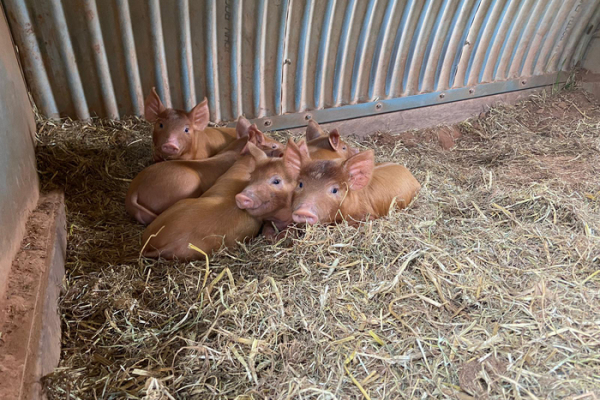Putting numbers on how well looked after the animals that end up on our plate are...
Interviews with Scientists
Interviews about medicine, science, technology and engineering with scientists and researchers internationally...
It's often said that someone can move you with the words they use. Now scientists have shown that this really is...
This week in Science History saw on the 28th of November 1660, the first meeting of the Royal Society, the oldest...
We get a technology update and find out why the entire borough of Swindon could soon be going wireless...
We learn how to monitor plants using conveyor belts in one of the world's biggest greenhouses, plus how scientists...
Jan Arthur discusses how her team find new viruses by analysing faecal samples...
We find out about one of the world's few degrees where drinking and making wine are the main things on the agenda...
Tim Sutton is grappling with the problem of too much Boron in Southern Australia...
Bushfires can ruin a wine when smoke chemicals penetrate the grapevine. But now Adelaide-based scientists may have come...
We discover the health benefits of cereals rich in polysaccharides...
We discover how the timing of a grape killing itself, is the secret to a producing a good wine...
This week in science history saw, in 1999, the death of Daniel Nathans, microbiologist and co-winner of the 1978 Nobel...
The melting of the Greenland Ice Sheets is accelerating and Jonathan Bamber discusses the evidence...
Where do stars and planets come from? Mark Mcaughrean explains all...
The Rosetta mission aims to do something never doen before, and that's land on a comet. Professor Ian Wright...
Dr Matt Balme dicusses the changes that sculpt the surface of Mars...
Scientists at the University of Wurzburg in Germany have teamed up with their colleagues in Leipzig and also in Paris...
Measuring changes in body temperature can give you vital hints as to when to conceive. We find out about a new...
We talk to Julian Norman-Taylor about In Vitro Fertilization, what it is, and when it can be used.
We look at some refinements to IVF, controlling the environment of the embryos more carefully.
Chris Smith finds out about the most distant object ever discovered and how this has improved our understanding of our...
We find out about the life of a pathologist and what events we have to look forward to as part of National Pathology...
This Week in Science History saw on the 4th of November 1922 the first discovery of the entrance to the tomb of...
How we could be one step closer to making our own spider-based glues...
This week's Kitchen Science requires no equipment - just you, your brain and your arms!
